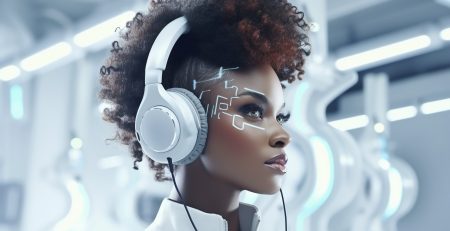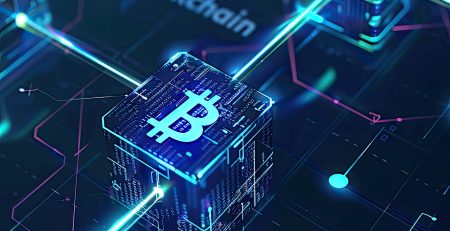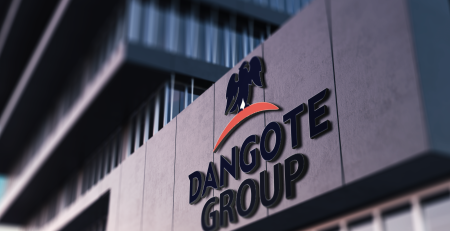The AI-driven economy is here — are we ready?
The Skills of Tomorrow: Preparing the Workforce for an AI-Driven Economy
Introduction
The AI revolution is not coming — it is already here. Artificial intelligence, automation, and machine learning are reshaping industries at an unprecedented pace, creating new opportunities while disrupting traditional roles. For organizations and individuals alike, the challenge is clear: adapt to the demands of an AI-driven economy or risk being left behind.
Success in this new era will not be defined by technical proficiency alone. Instead, it will rely on cultivating a mix of AI literacy, digital fluency, human-centric skills, and adaptability to navigate rapid transformation. This article explores the skills of tomorrow and how businesses and employees can prepare for a future powered by intelligent technologies.
Why Future Skills Matter in an AI Economy
Research by the World Economic Forum predicts that 83 million jobs will be displaced by 2030, while 69 million new roles will emerge, many of which are yet to be defined. These shifts demand a workforce ready to reskill, upskill, and adapt to hybrid environments where humans and AI collaborate.
Key drivers include:
-
Automation of routine tasks → freeing humans to focus on creativity and strategy.
-
AI-powered insights → requiring data interpretation and decision-making skills.
-
Global competition → demanding professionals who can continuously learn and innovate.
The Core Skills of Tomorrow
1. AI Literacy and Data Proficiency
Employees must understand how AI systems function, their limitations, and how to apply them responsibly. Data literacy — the ability to interpret, analyze, and draw insights from data — is becoming a baseline requirement across industries.
2. Digital Fluency
Beyond technical coding skills, workers must master digital collaboration platforms, virtual tools, and emerging technologies such as blockchain, cloud systems, and cybersecurity practices.
3. Human-Centric Skills
Ironically, the more technology advances, the more human skills matter. Creativity, empathy, leadership, adaptability, and cultural intelligence will be the qualities that distinguish humans from machines.
4. Critical Thinking and Problem-Solving
AI may process data, but humans are needed to frame the right questions, evaluate risks, and ensure ethical decision-making.
5. Lifelong Learning Mindset
The half-life of skills is shrinking. Professionals must embrace continuous learning — reskilling and upskilling as technology evolves.
How Organizations Can Prepare Their Workforce
-
Create Future-Skills Roadmaps
Businesses should anticipate which roles will be automated and proactively reskill employees into higher-value positions. -
Invest in Continuous Learning Platforms
Leverage AI-powered training systems that personalize learning journeys for employees. -
Promote Cross-Disciplinary Training
Encourage employees to combine technical expertise with human and business skills for more holistic growth. -
Embed Ethical AI Training
Ensure employees understand issues of data privacy, bias, and fairness in AI applications.
Looking Ahead: Building a Resilient Workforce
The AI-driven economy is not a threat — it is an opportunity. By preparing for the skills of tomorrow, organizations can unlock innovation, create competitive advantage, and empower employees to thrive in a rapidly evolving marketplace.
The winners of this new era will be those who understand that the future of work is not about humans versus AI, but about humans with AI.










Leave a Reply